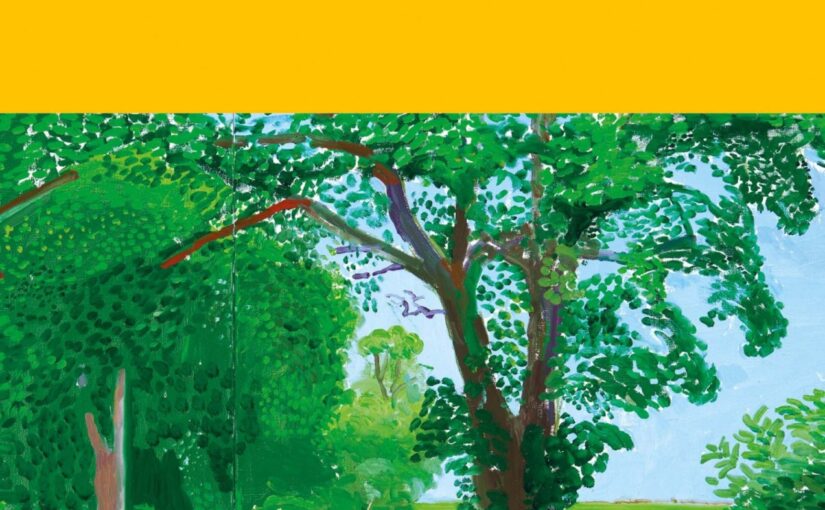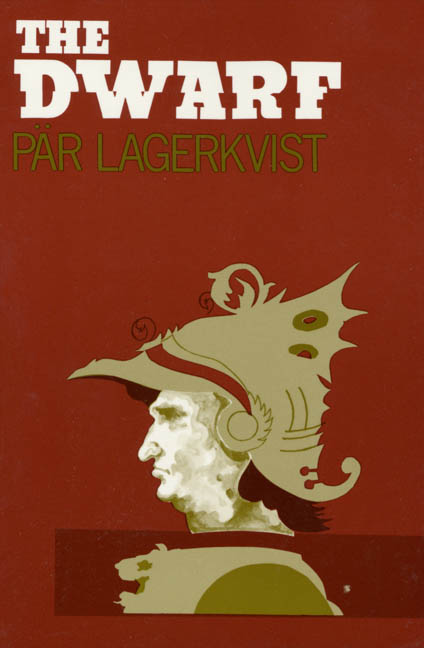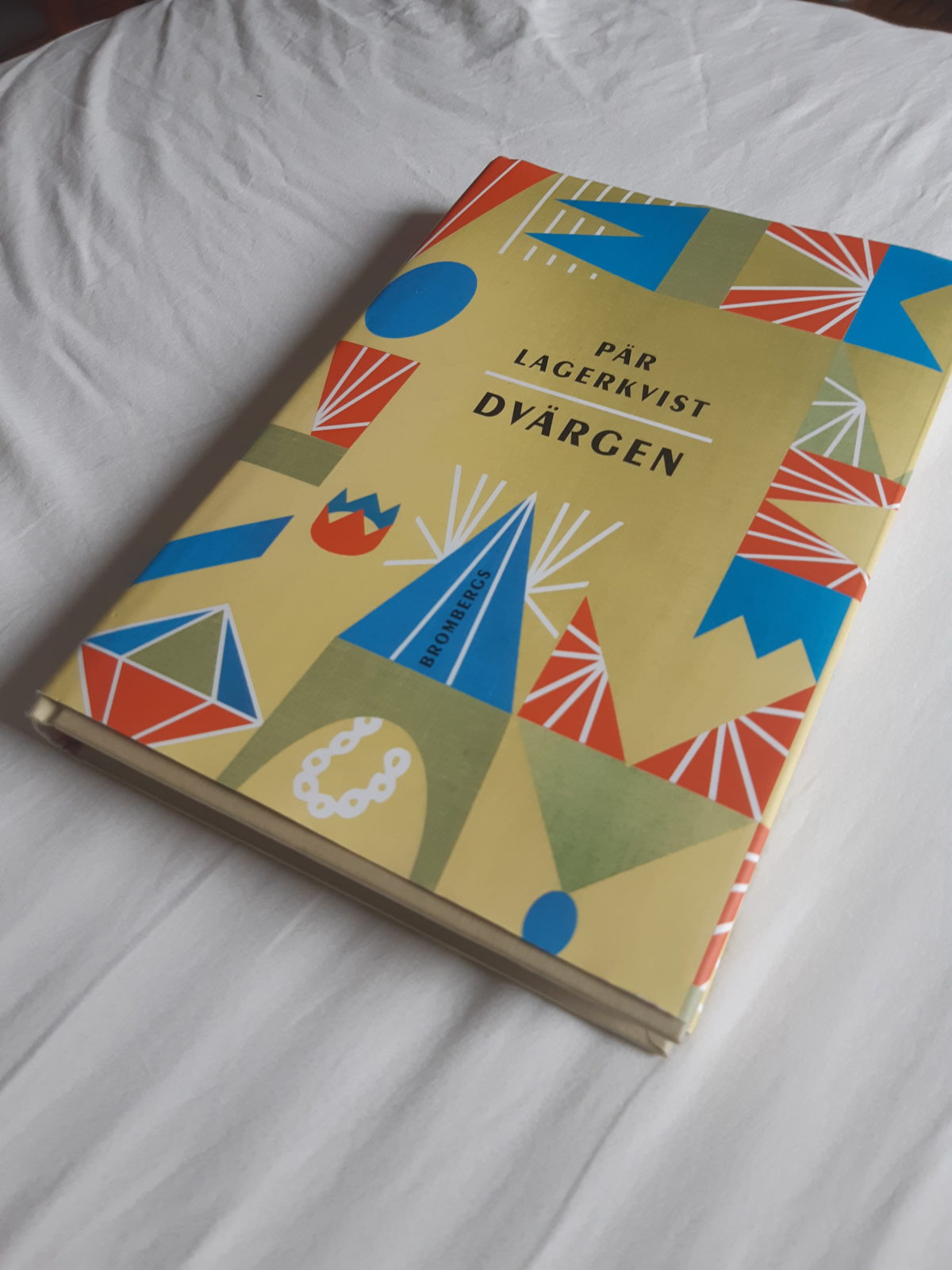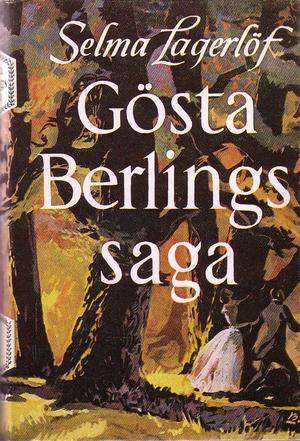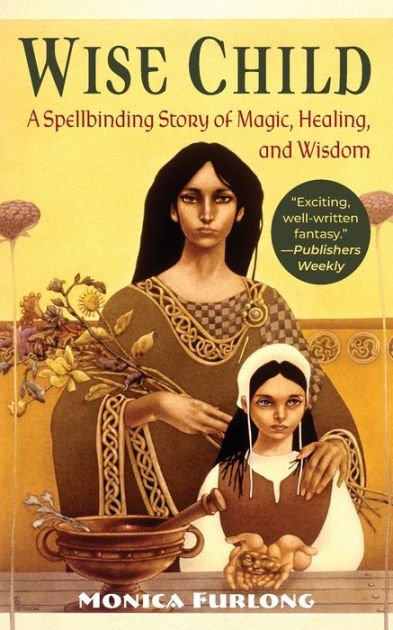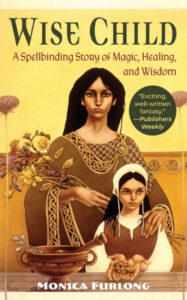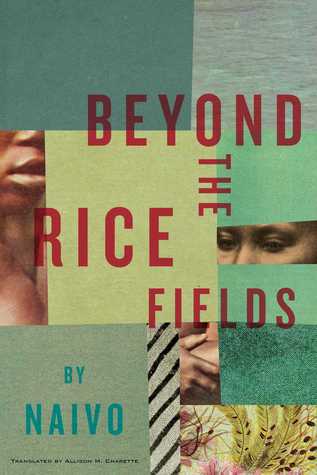I have a vague memory of being recommended Ali Smith’s Summer last year by a friend of a friend who teaches English at the university level, but my memory of his recommendation (“It’s like the book version of what we’re doing right now, people having conversations just like this”) so misaligns with what happens in the book that I wonder if I missed something. Or maybe Summer ended up on my TBR for other reasons and the English professor’s recommendation was something else entirely. I also learned, long after I finished it, that Summer is the last of a quartet and that several of the characters had appeared in the previous installments.
Basically, I came in to this book all wrong, so this is going to be an extremely…unfair? confused? unhelpful?…review for anyone who actually has the full context for the book. Sorry.
A pair of siblings—teenage environmental activist Sacha and her proto-edgelord younger brother Robert—end up befriending a pair of adults and, along with their mother, make a quick trip in a post-Brexit, mid-Covid England to return a lost/stolen item to its rightful owner. Based on what I’ve read in other reviews, most of what happens in Summer builds on stories and characters established in the previous three books and maybe? maybe not? ties up some loose ends.
Despite my clearly misguided expectations, I really liked Summer. Smith balances a relatively large cast of characters well, keeping their internal monologues consistent with how they’ve behaved from other character’s perspectives.
Mostly.
There is a missed opportunity with Sacha and Robert’s mother, the sole Leave voter in the group: when the book comes around to her perspective, Smith doesn’t really bother to speculate her motivations or feelings about Brexit and that feels like a cheap out. Its absence is made even more noticeable when you consider how much time we spend with Robert, who is currently acting out through extremely anti-social behavior.
On the whole, though, the different perspective characters feel distinct. Sometimes authors love the sound of their own voice a little too much and when they attempt an ensemble cast, characters lose all personality when it’s their turn to pilot the ship. Even if everyone has more or less similar politics (Brexit aside), Smith avoids that particular trap.
People who had read the previous three note in their reviews that Covid seems shoehorned in based on everything else, but I didn’t really walk away thinking “wow those lockdown bits were a bit tacked-on and weird,” so perhaps that’s an advantage of coming at the book from the completely wrong angle.
My only criticism, which is perhaps more of a reflection on me and the kind of person I am, is that I felt a bit manipulated by the inclusion of Vietnamese refugee Anh Kiệt. The parallels to the internment of “enemy aliens” in the UK during World War II are enlightening and fair to make, and I don’t begrudge Smith that point at all. However, Anh Kiệt himself gets pretty limited time in the story. Sacha writes to him twice throughout the book (and we see both pieces of correspondence) and we get to read his single reply to her, full of enthusiasm and optimism and hope, in the somewhat limited and uneven language you would expect from someone who acquired English informally and later in life. As far as character development goes, it’s not much, and it comes off as romanticized and idealized. His reply to Sacha is the last chapter of the book, which on the one hands lends it some gravitas, but that doesn’t make it any less flat. For comparison’s sake, the flashbacks to the World War II internments are longer (probably, though I didn’t go back and count up the pages, but they feel longer) and through the perspective of a character with fluent command of English, so his depiction is a bit more detailed and multifaceted. Never mind that this character apparently is the central figure in one of the previous books.
My initial reaction to finishing Summer, with Anh Kiệt’s optimism and nearly Pollyanna spirit, was to get a bit choked up at the goodness of the world and the undaunted spirit of hope etc. etc. Then I got annoyed at myself for getting choked up, because in a book full of research this is still fiction and who’s to say if Anh Kiệt ever existed. It’s the same “too good for this world” characterization of Ali from Där vinden vilar, but the book situates Ali so thoroughly in his community that it’s easy to read this idealized teenager as the hopes and desires of a family, of a village, of a country. Anh Kiệt doesn’t have much of a pre-refugee identity or status, so he feels like a narrative device cynically designed to elicit a reaction out of me, and I hate that in a book.
On the other hand, I read L’elegance du herisson and cried at the end all three times, so I like to think I’m not entirely heartless. What makes it effective there but cynical in Summer? I guess the answer is: the time I spent with the characters in question. We spend a lot of time with Renée in L’elegance du herisson since she’s one of the point of view characters. The same, even, with Ali in Där vinden vilar. But Anh Kiệt only gets his single chapter at the very end.
Or maybe the problem is me.

